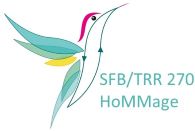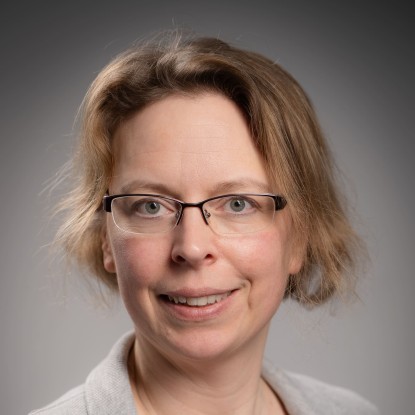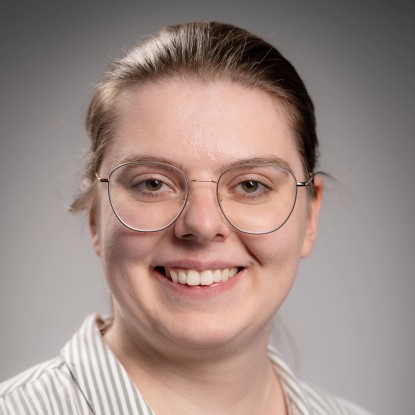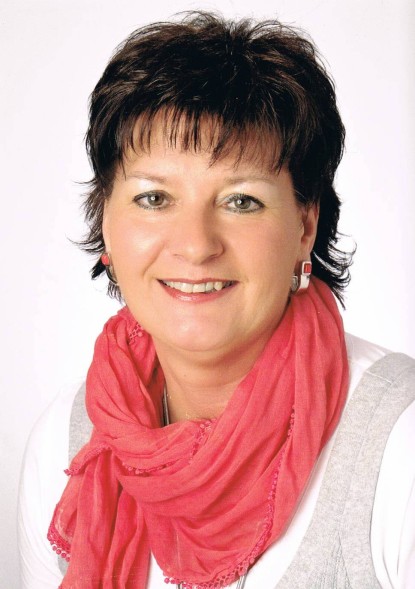Leopoldo Molina-Luna (project Z01) receives EU funding
First TU researcher with four ERC grants
2024/07/11

“BED-TEM” (“Bayesian Experimental Design for in situ (Scanning) Transmission Electron Microscopy”) is designed to give researchers a new tool for working with in situ (scanning) transmission electron microscopy, (S)TEM for short: a software platform that helps to optimise the parameters of experiments.
The aim of the project is to introduce a software platform that combines Bayesian optimisation for optimal experimental design – a special method of experimental optimisation using machine learning – with the analysis of images provided by (S)TEM. This enables researchers to efficiently select and determine the parameters for their experiments. This process is often still determined by trial and error at present. The platform comprises a user interface and image processing and experimental design modules, which offer a rationalised workflow and good user-friendliness.
The challenges of the project include adapting machine learning to (S)TEM data and ensuring market demand for the software platform. The project will address these points through close collaboration with practitioners and industrial partners, among other things. A software solution should thus be created that is oriented towards the needs of users and is economically viable.
Using expert knowledge of machine learning and (S)TEM expertise, the team led by Molina-Luna is closing a gap between complex experimental setups and the practical application of Bayesian methods. This could revolutionise the implementation of in situ experiments.
“BED-TEM” also offers great potential for science and the further development of materials science as a discipline. The new software should enable precise characterisation of the behaviour of materials on the nanoscale under real conditions. One potential field of application is nanoelectronics.
With the BED-TEM project, Molina-Luna is building on the project “Functionality of Oxide based devices under Electric-field: Towards Atomic-resolution Operando Nanoscopy” (FOXON), for which he received an ERC Starting Grant in 2018.
See also the news by TU Darmstadt.



